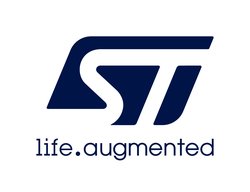DISCO-L4S5I (B-L4S5I-IOT01A)
STM32L4+ Discovery kit IoT node, low-power wireless, BLE, NFC, WiFi
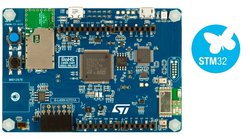
Overview¶
With the B-L4S5I-IOT01A Discovery kit for IoT node, users develop applications with direct connection to cloud servers. The Discovery kit enables a wide diversity of applications by exploiting low-power communication, multiway sensing and Arm® Cortex®-M4 core-based STM32L4+ Series features. The support for ARDUINO® Uno V3 and Pmod™ connectivity provides unlimited expansion capabilities with a large choice of specialized add-on boards.
Microcontroller features¶
https://www.st.com/en/microcontrollers-microprocessors/stm32l4s5vi.html
The STM32L4S5xx, STM32L4S7xx and STM32L4S9xx devices are an ultra-low-power microcontrollers family (STM32L4+ Series) based on the high-performance Arm® Cortex®-M4 32-bit RISC core. They operate at a frequency of up to 120 MHz.
The Cortex-M4 core features a single-precision floating-point unit (FPU), which supports all the Arm® single-precision data-processing instructions and all the data types. The Cortex-M4 core also implements a full set of DSP (digital signal processing) instructions and a memory protection unit (MPU) which enhances the application’s security.
These devices embed high-speed memories (2 Mbytes of Flash memory and 640 Kbytes of SRAM), a flexible external memory controller (FSMC) for static memories (for devices with packages of 100 pins and more), two OctoSPI Flash memories interface (available on all packages) and an extensive range of enhanced I/Os and peripherals connected to two APB buses, two AHB buses and a 32-bit multi-AHB bus matrix.
The STM32L4Sxxx devices embed several protection mechanisms for embedded Flash memory and SRAM: readout protection, write protection, proprietary code readout protection and a firewall.
These devices offer a fast 12-bit ADC (5 Msps), two comparators, two operational amplifiers, two DAC channels, an internal voltage reference buffer, a low-power RTC, two general-purpose 32-bit timer, two 16-bit PWM timers dedicated to motor control, seven general-purpose 16-bit timers, and two 16-bit low-power timers. The devices support four digital filters for external sigma delta modulators (DFSDM). In addition, up to 24 capacitive sensing channels are available.
They also feature standard and advanced communication interfaces such as: four I2Cs, three SPIs, three USARTs, two UARTs and one low-power UART, two SAIs, one SDMMC, one CAN, one USB OTG full-speed, one camera interface and DMA2D controller. The STM32L4S5xx, STM32L4S7xx and STM32L4S9xx devices embed an AES and a HASH hardware accelerator.
The devices operate in the -40 to +85 °C (+105 °C junction) and -40 to +125 °C (+130 °C junction) temperature ranges from a 1.71 to 3.6 V power supply. A comprehensive set of power-saving modes allows the design of low-power applications.
Board features¶
https://www.st.com/en/evaluation-tools/b-l4s5i-iot01a.html
- Ultra-low-power STM32L4+ Series STM32L4S5VIT6 microcontroller based on the Arm® Cortex®-M4 core with 2 Mbytes of Flash memory and 640 Kbytes of RAM in LQFP100 package
- 64-Mbit Quad-SPI Flash memory from Macronix™
- Bluetooth® 4.1 module (SPBTLE-RF) from STMicroelectronics
- 802.11 b/g/n compliant Wi-Fi® module (ISM43362-M3G-L44) from Inventek Systems
- Dynamic NFC tag based on ST25DV04K with its printed NFC antenna
- 2 digital omnidirectional microphones (MP34DT01) from STMicroelectronics
- Capacitive digital sensor for relative humidity and temperature (HTS221) from STMicroelectronics
- High-performance 3-axis magnetometer (LIS3MDL) from STMicroelectronics
- 3D accelerometer and 3D gyroscope (LSM6DSL) from STMicroelectronics
- 260-1260 hPa absolute digital output barometer (LPS22HB) from STMicroelectronics
- Time-of-flight and gesture-detection sensor (VL53L0X) from STMicroelectronics
- Highly-secure solution (STSAFE-A110) from STMicroelectronics
- 2 push-buttons (user and reset)
- USB OTG FS with Micro-AB connector
- ARDUINO® Uno V3 expansion connector
- Pmod™ expansion connector
- Flexible power-supply options: ST-LINK, USB VBUS or external sources
- On-board ST-LINK/V2-1 debugger/programmer with USB re-enumeration capability: mass storage, Virtual COM port, and debug port
Board pinout¶
Pins Legend¶
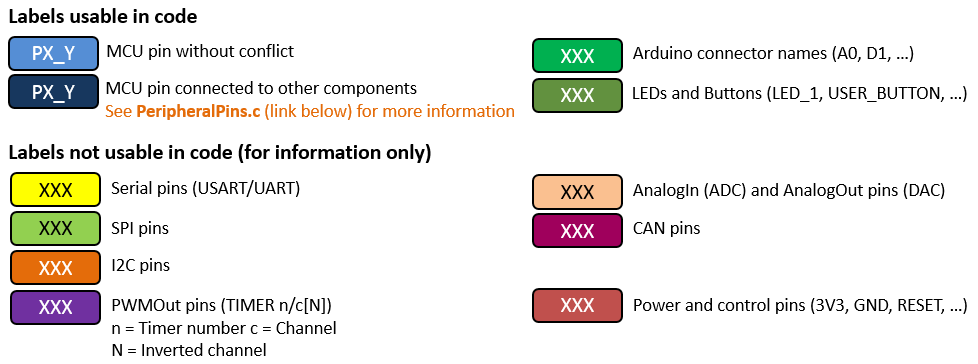
You can find more details on the available pins and labels in the PeripheralPins.c and PinNames.h files.
These files can be found in:
- ARMmbed/mbed-os repository on GitHub (up-to-date version, used with mbed CLI commands)
Arduino-compatible headers¶
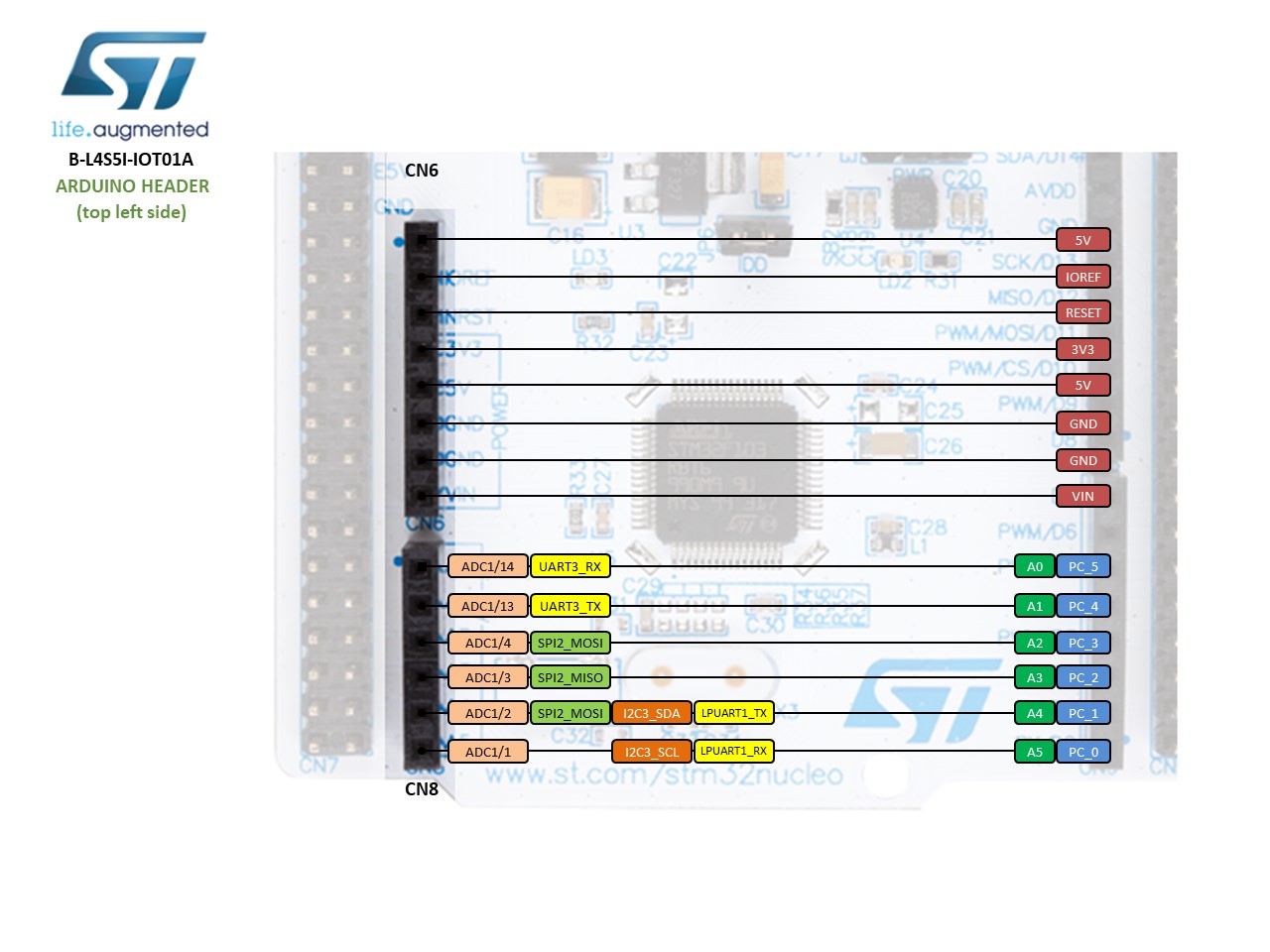
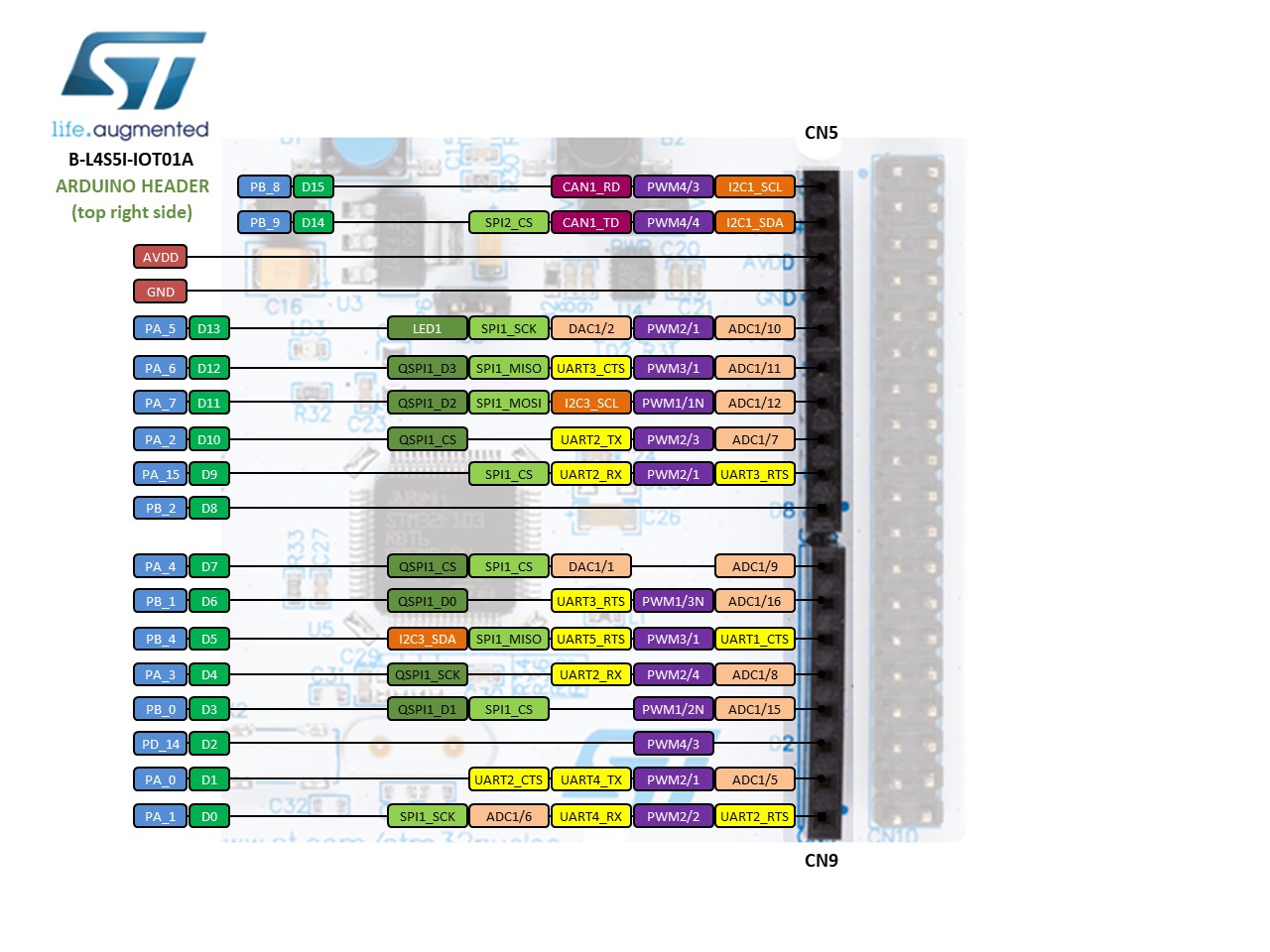
STM32 general information¶
https://github.com/ARMmbed/mbed-os/blob/master/targets/TARGET_STM/README.md
Technical references¶
Wifi FW update¶
https://os.mbed.com/teams/ST/wiki/How-to-make-wifi-tests#wifi-firmware-update
Known limitations¶
The Mbed Online Compiler is not supported with this board.
Please use Mbed Studio.
The following section describes known limitations of the platform. Note that general issues are tracked into the mbed repository available on GitHub.
You need to log in to post a discussion
